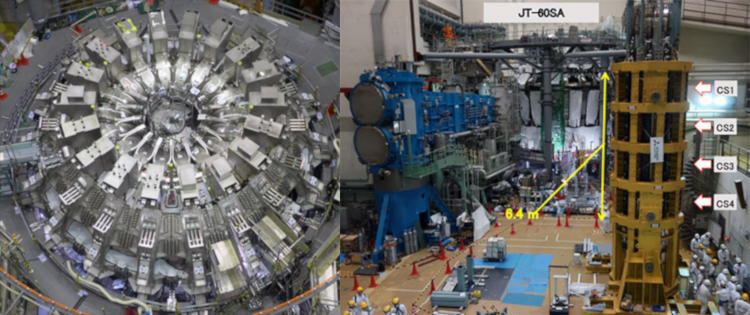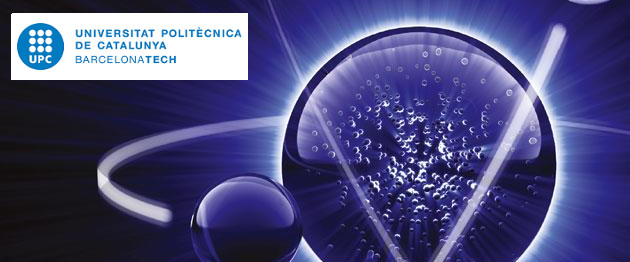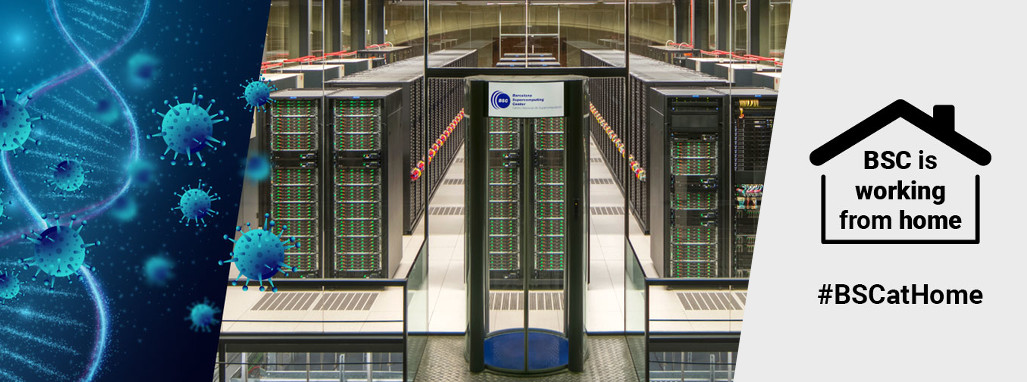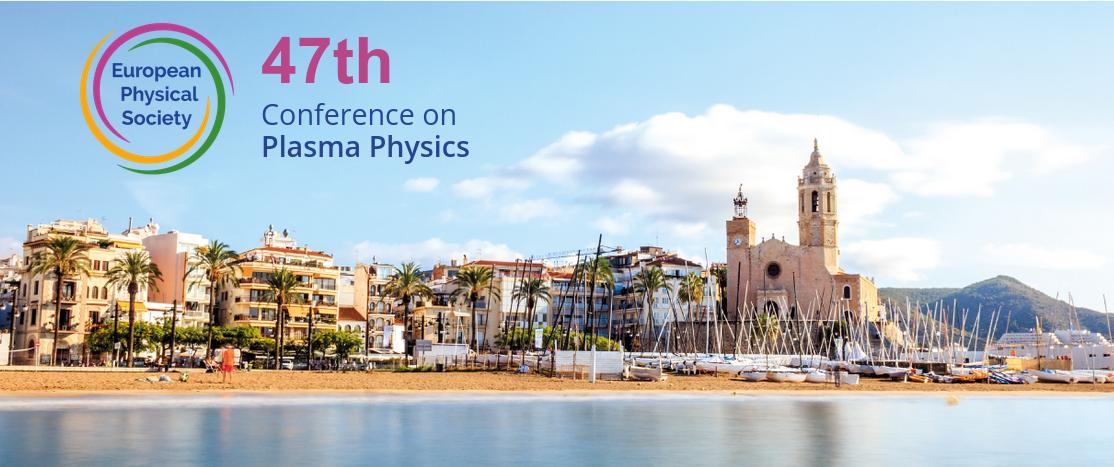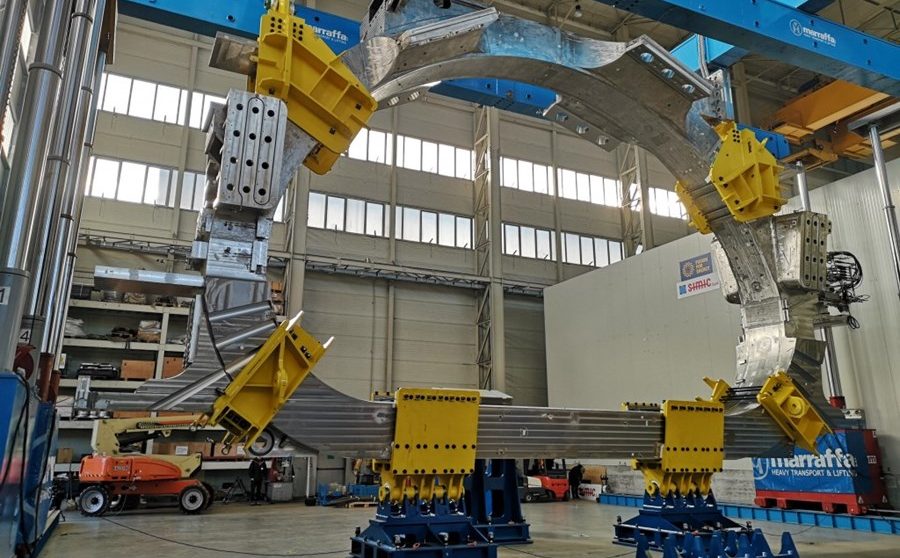
The High Level Support Team (HLST) is a unit from EUROfusion that provides support to the European fusion community to ensure optimal exploitation of the High Performance Computing (HPC) resources such as the MARCONI-fusion supercomputer at CINECA (Italy).
The HLST consists of a full-time core team at the IPP Garching (Max-Planck-Institut für Plasmaphysik) and a number of part-time members in other institutions. The latter include Xavier Sáez from our fusion group at Barcelona Supercomputing Center (BSC). To guarantee an optimal flow of communication within the unit, there are two face-to-face meetings per year in Garching, Germany, where members share their work and experiences. However, because of the Covid-19 crisis, this year this has changed.

